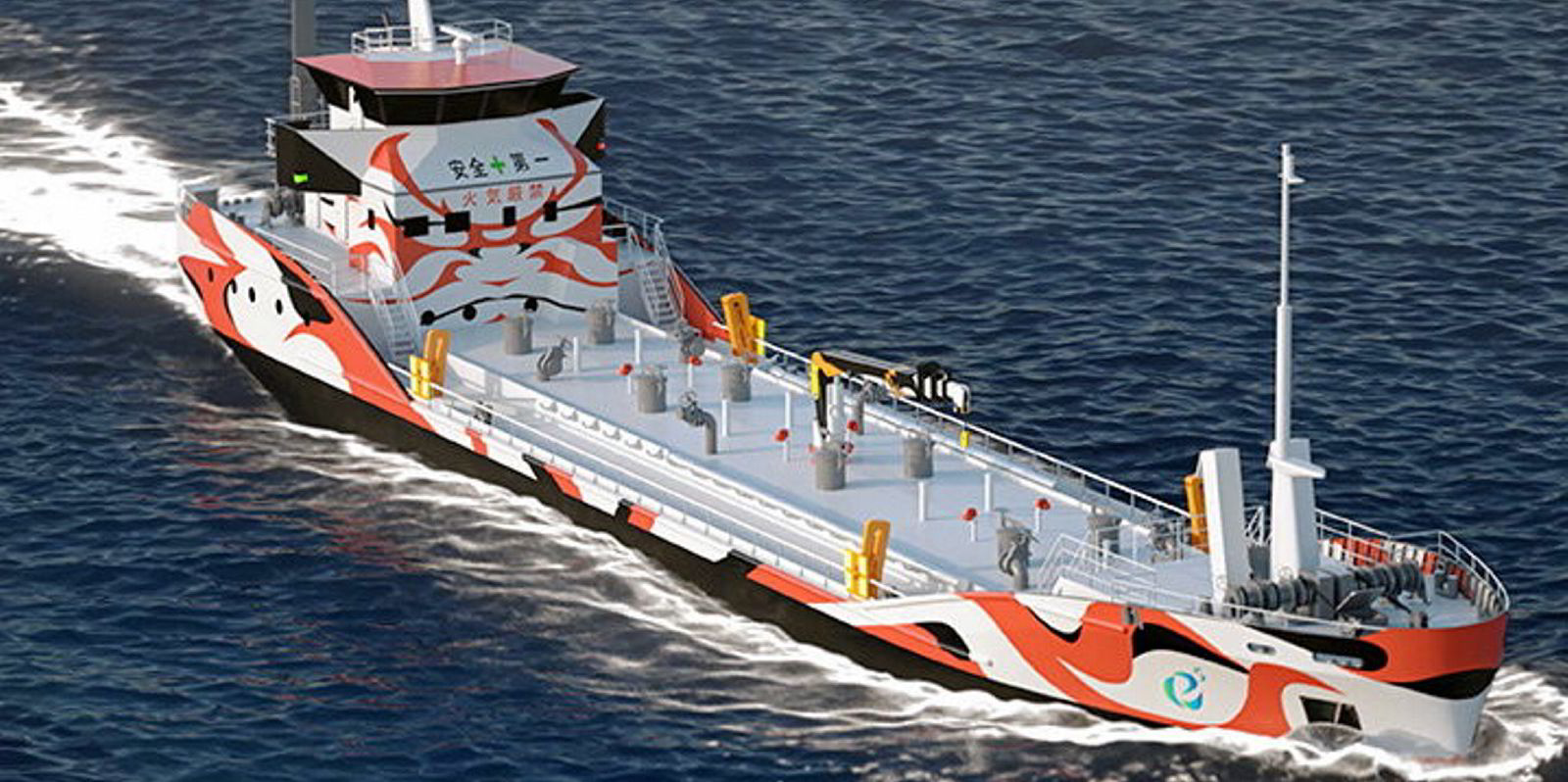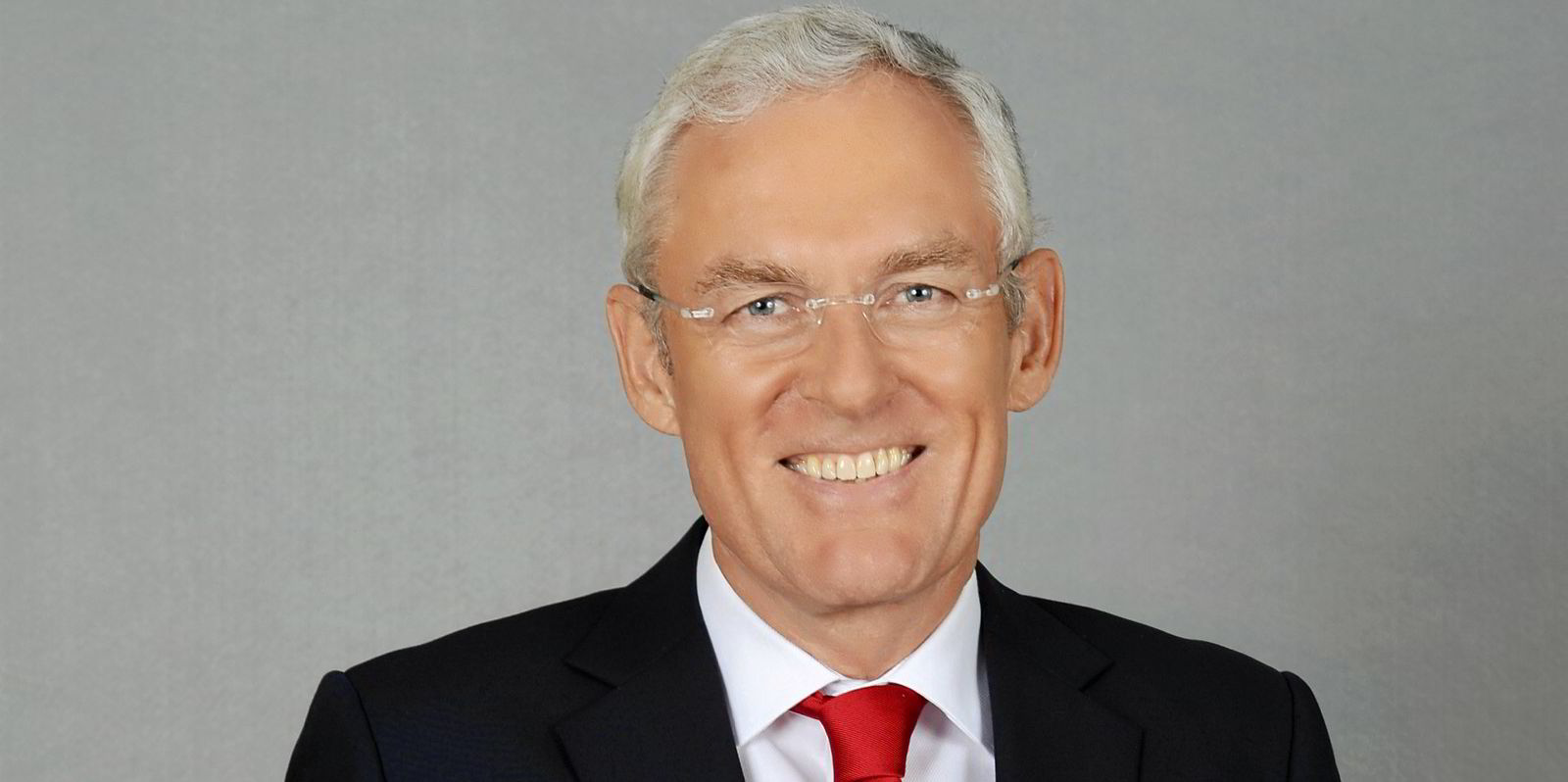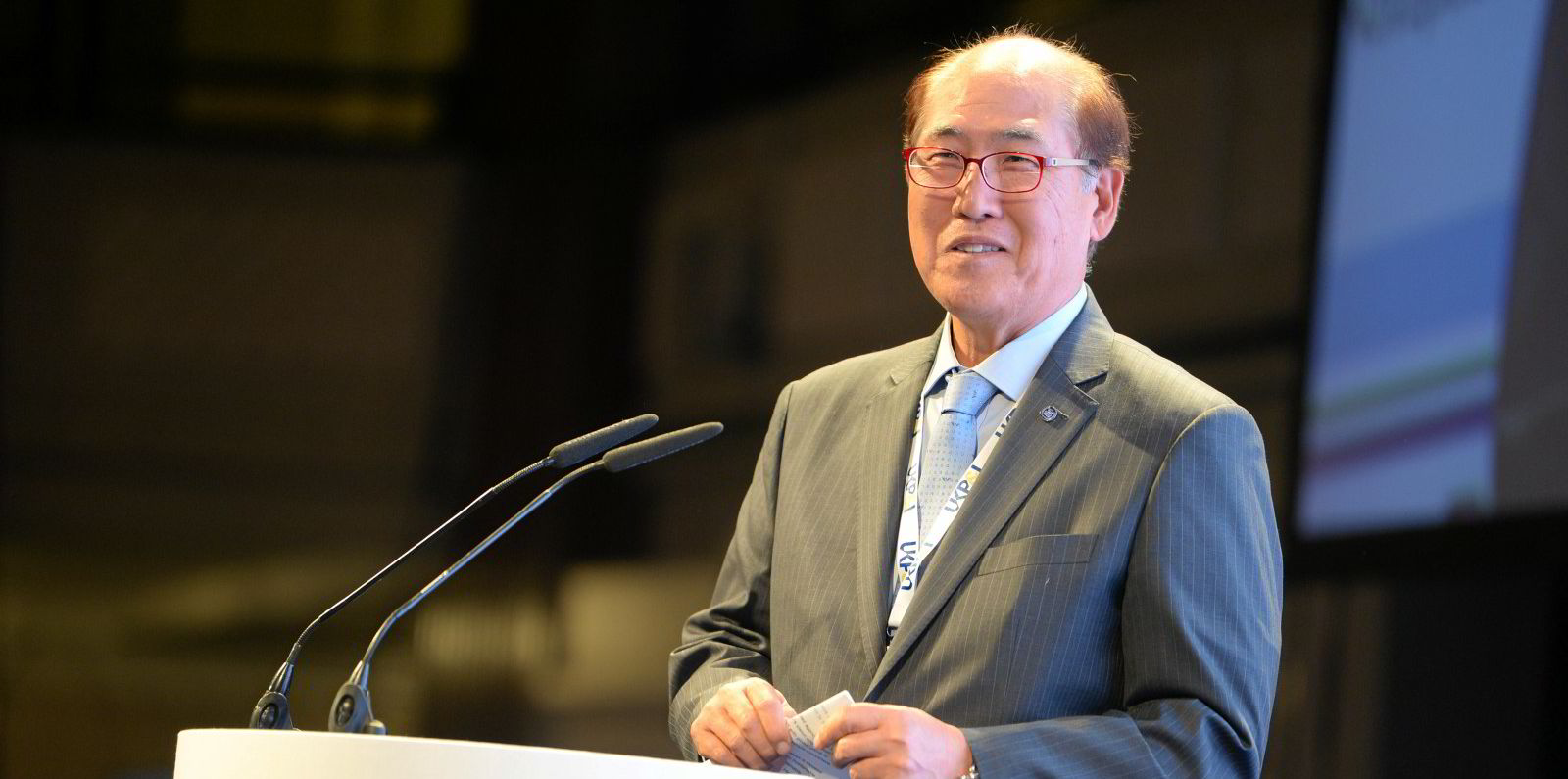Japan has launched a public and private partnership project to develop a commercial zero-emission ship within the next decade.
The project is being organised by the Japanese Ministry of Land, Infrastructure, Transport and Tourism, the Japan Ship Technology Research Association (JSTRA) and the Nippon Foundation.
The Nippon Foundation is a charitable organisation that works closely with the Japanese maritime industry.
The project is called “Road Map to Zero Emission” and has set the target of developing a zero-emission ship to be ready for commercial operation by 2028.
So far, 15 different national maritime associations and government bodies have joined the project.
The participants include the Shipbuilders’ Association of Japan, the Japanese Shipowners' Association, ClassNK, and the Japan Ship Machinery and Equipment Association.
The project is focusing on three main potential alternatives to fossil fuel: the use of LNG with carbon-recycled methane, ammonia and hydrogen.
Japanese companies are already cooperating on developing low-emission vessels on a commercial basis. A consortium of companies headed by Asahi Tanker and Mitsui OSK Lines has ordered the country's first battery-powered emission-free tankers under the e5 Lab collaborative research and development project.
Influential role
The Japanese government played an influential role in the greenhouse gas emissions reduction measures recently agreed at the International Maritime Organization. The initial target is to reduce the carbon intensity of shipping by 40% by 2030.
It is now looking to the next stage of the IMO's target, which is to halve shipping’s total carbon emissions by 2050.
The target will require the rapid development of alternative fuels and technologies, and the race is on to develop the zero-emission ships of the future.
In a separate development, a group of shipping associations including Bimco, the International Chamber of Shipping and others is already discussing the establishment of a $5bn zero-emission research and development fund with the IMO.
Finance will be raised through a $2 per tonne levy on marine fuel oil. The idea is to be discussed at the Marine Environment Protection Committee meeting next year.







